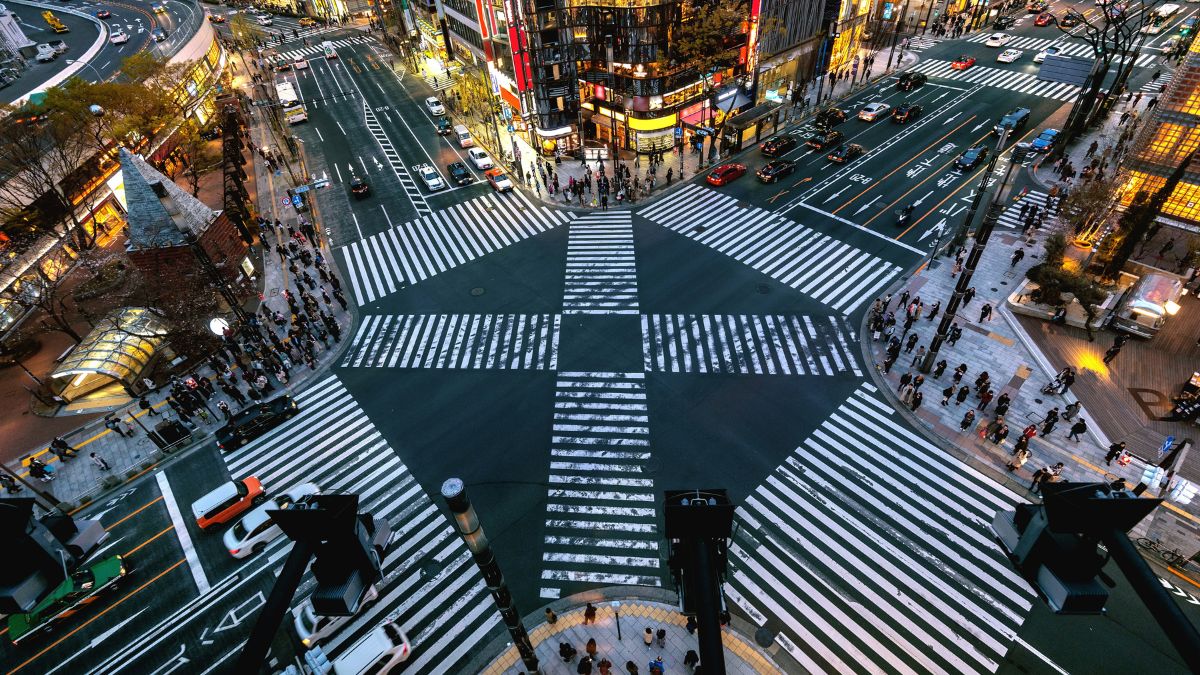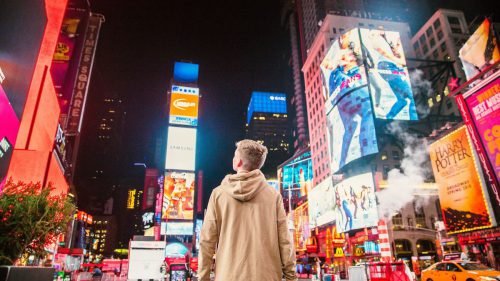

BreakPoint
Prayer at the Pole
Under other circumstances, it's something that might make school administrators quake: Ten students gathered in one high school, fifty at another, more than a hundred at another. Repeat this scene thousands of times around the country and upward of two million students were involved this year. No, it's not drinking, not drugs, not gangs. It's prayer. For the past three years, September 15 has been celebrated by high school students across the country as a national day of prayer. The project is christened "See You at the Pole." Students meet at the flagpole to pray for their school, teachers, and classmates. Sounds scary, doesn't it? At least, it does to the American Civil Liberties Union. Since "See You at the Pole" first began, the ACLU has written to hundreds of schools, claiming that the prayer meeting is unconstitutional. As a result, several administrators have ordered students to disband-in a few cases even expelling them. But this year the ACLU's scare tactics were met head-on by the American Center for Law and Justice-the ACLJ-a legal organization devoted to protecting religious rights. The ACLJ sent its own letters to school administrators, explaining in a non-confrontational manner the rights of religious students in public schools. The legal facts are clear. The Supreme Court has repeatedly upheld the principle of equal access: namely, that if other groups are allowed to meet in a public facility, then religious groups must not be discriminated against. And since virtually all schools do allow student groups to meet-from chess clubs to Key clubs-they cannot make an exception for religious groups. As Jay Sekulow of the ACLJ puts it, "You can't change the rules just because it's religion." Religious people cannot be treated as second-class citizens. No one wants to see government-run schools telling kids how to pray. But "See You at the Pole" is entirely different: It is student-initiated, student-led, and held outside classroom hours. There's nothing unconstitutional about that. As the Supreme Court said recently, "there is a crucial difference between government speech endorsing religion . . . and private speech endorsing religion, which the Free Speech and Free Exercise Clauses protect." The truth is that secularists, like ACLU lawyers, are not really all that concerned about constitutional rights. Many of them are actively hostile toward religion. They see it as repressive and guilt-producing-as literally harmful in its social effects. But Don Feder, a conservative Jewish columnist, has a ready answer to that. Driving by a local high school, Feder writes, "I noticed two groups of students." One group was "smoking and shouting, the girls with too much make-up and too few inhibitions, the boys sullen and slovenly." A few yards away a second group was standing in a circle, holding hands, heads bowed, silently praying. Which of these groups, Feder asks, represents a threat to American civilization? Students who pray for their school are giving it the best possible form of support. And the best hope for American public schools is that this time next year, you'll "see them at the pole."
10/14/93















